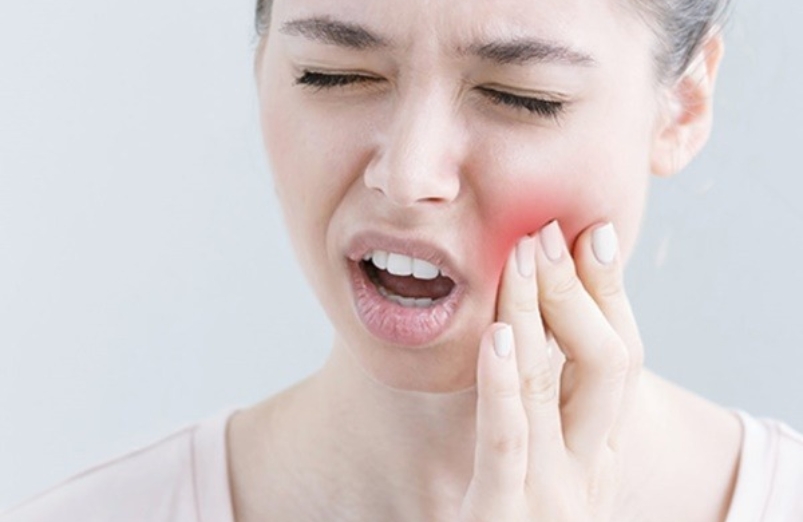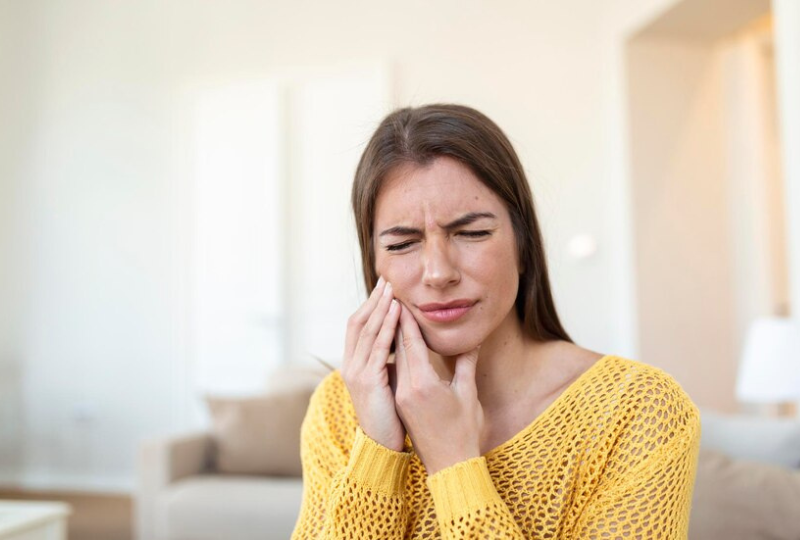2200 AW Grimes Blvd, Suite 100 Round Rock, TX 78665
Top 5 Most Common Dental Emergencies and How to Handle Them

Dental emergencies can happen at any time, and knowing what to do in these situations can save your smile. Whether you’re dealing with a broken tooth or intense pain, prompt action is key to preventing further damage. In this blog, we’ll explore the top 5 dental emergencies and how to respond effectively. If you’re facing a dental issue, it’s important to contact an emergency dentist right away for professional help.
1. Toothaches
Toothaches are one of the most common dental emergencies. They can occur suddenly and cause intense discomfort, making it hard to focus on anything else. A toothache may result from tooth decay, infection, or even injury. If you’re dealing with a painful toothache, here’s what you can do:
- Rinse your mouth with warm water to clean the area.
- Floss gently to remove any food particles that might be causing irritation.
- Use over-the-counter pain relief like ibuprofen to manage discomfort.
- Apply a cold compress to the outside of your cheek to reduce swelling and numb the pain.
If the pain persists or worsens, seek the help of an emergency dentist as soon as possible.
2. Broken or Chipped Tooth
A broken or chipped tooth can happen due to an accident, a hard bite, or even tooth decay. It can be painful and may expose the sensitive parts of your tooth. Here’s how to handle it:
- Save any broken pieces of the tooth if possible.
- Rinse your mouth with warm water and apply a cold compress to minimize swelling.
- Cover the sharp edges with a piece of wax or sugarless gum to avoid cutting your mouth.
- Contact an emergency dentist immediately to determine the best course of action.
Depending on the severity of the damage, the dentist might recommend bonding, crowns, or even a root canal.
3. Knocked-Out Tooth
A knocked-out tooth can be alarming, but acting quickly can sometimes save the tooth. Here’s what you should do:
- Pick up the tooth carefully by the crown (avoid touching the root).
- Rinse the tooth gently with water to remove dirt. Do not scrub it.
- Place the tooth back into the socket if possible, or store it in a cup of milk or saltwater.
- See an emergency dentist within an hour for the best chance of reimplantation.
The dentist will assess whether the tooth can be reimplanted or if further treatment is needed.
4. Abscess
A dental abscess is a serious infection that occurs at the root of a tooth or between the gum and tooth. It can cause significant pain and swelling, and if left untreated, it can lead to more severe health problems. Here’s how to respond:
- Rinse your mouth with warm saltwater to reduce swelling and clean the area.
- Use a cold compress on the outside of your mouth to alleviate pain.
- Take pain relievers as recommended by your dentist or doctor.
- See an emergency dentist immediately, as abscesses require professional treatment, including drainage and antibiotics.
If an abscess is left untreated, the infection can spread, causing damage to surrounding tissues and even your overall health.
5. Lost Filling or Crown
A lost filling or crown can expose the sensitive parts of your tooth, leading to discomfort. If you lose a filling or crown, you should:
- Save the filling or crown if possible.
- Cover the exposed tooth with a piece of dental wax or sugarless gum to protect it.
- Avoid chewing on that side of your mouth to prevent further damage.
- Contact your emergency dentist as soon as possible for a replacement or repair.
Your dentist may either replace the crown or filling or recommend a different treatment to restore the tooth’s function.
Dental emergencies can happen at any time, but knowing how to handle them can make a huge difference in the outcome. Always remember, if you’re unsure how to deal with an emergency, reaching out to an emergency dentist is the best course of action. They will help you manage the situation and provide professional treatment to prevent further complications. Stay calm and follow these tips for common dental emergencies to protect your oral health.




